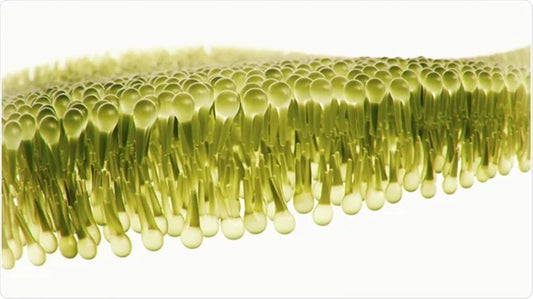Hormone replacement therapy (HRT) has been a topic of debate in medicine for decades. Despite the controversies, it is essential to recognize the importance of testosterone in the health and well-being of women.
Testosterone Therapy: Why is it essential for women?
Testosterone, commonly associated with men, also plays a crucial role in women's health. Although women produce less testosterone than men, this hormone is vital for several functions in the female body.
Benefits of Testosterone in Women
Testosterone has been shown to be beneficial in treating common symptoms of perimenopause and menopause. These symptoms include, but are not limited to, hot flashes, night sweats, decreased libido, irritability, and fatigue. In addition, testosterone can help prevent osteoporosis, protect the brain, and reduce the risk of certain types of breast cancer.
Challenges and Controversies
Despite the known benefits, there are no FDA-approved testosterone therapies for women in the United States, while there are over 30 approved testosterone therapies for men. This disparity has left millions of women without access to treatments that could significantly improve their quality of life.
History of Testosterone in Women
Testosterone has been used in women for over 80 years to treat perimenopausal and menopausal symptoms. In countries like England and Australia, testosterone has been approved for use in women for over 60 years.
Androgen Deficiency in Women
After a bilateral salpingo-oophorectomy, women experience a drastic drop in estrogen levels. Although multiple estrogen replacement therapies have been approved and used, the simultaneous lowering of testosterone has received less attention.
Testosterone Optimization in Women
Testosterone has been shown to be beneficial for patients suffering from sexual dysfunction, specifically hypoactive sexual desire disorder (HSDD). In addition, testosterone can improve bone density, muscle mass, and the distribution of fat tissue.
Testosterone for Women: Beyond TDSH
Testosterone has a beneficial effect on the central nervous system. Studies have shown that it can reduce amyloid beta deposition, improve the brain's ability to metabolize glucose, and improve blood flow.
bioidentical vs. Synthetic Hormones
Bioidentical hormones are manufactured hormones that are chemically identical to those produced by the human body. Synthetic hormones, on the other hand, are usually of animal origin and have a different molecular structure.
Conclusion
Testosterone therapy has the potential to significantly improve the quality of life for women. It is essential that more research be done and approval of products that benefit women with testosterone deficiency be considered.























































































































